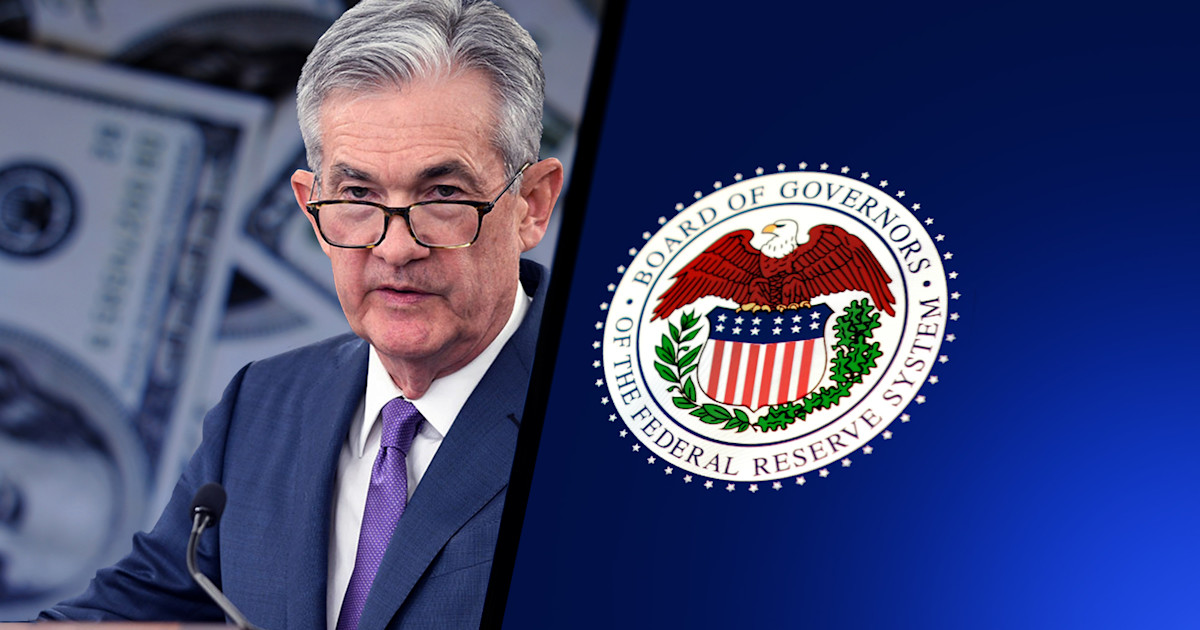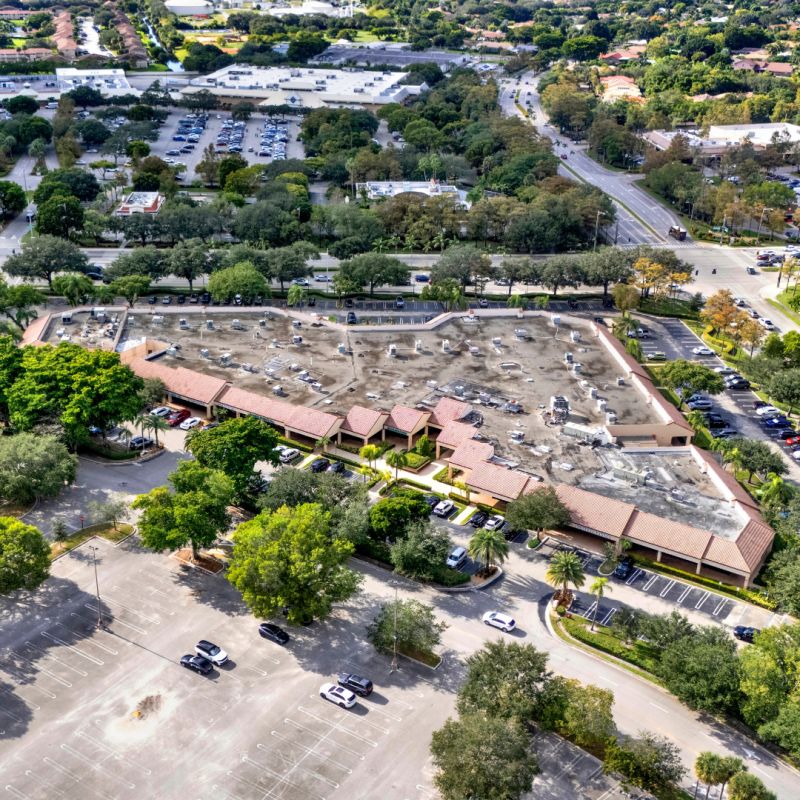F
ederal Reserve Chair Jerome Powell testified before the House Financial Services Committee on June 24, reiterating that inflation and labor market shifts will guide the central bank's decisions. He declined to commit to a July rate cut, citing uncertainty about trade policy impacts and the economy's solid position despite caution needed due to tariffs introduced by President Donald Trump.
Powell emphasized the Fed's cautious approach, stating they are "well positioned to wait" for more information before considering policy adjustments. If inflation doesn't spike in response to tariffs or if the labor market weakens, a rate cut might be considered sooner. Conversely, if the opposite occurs, there would be less urgency for rate cuts.
Fed Governors Christopher Waller and Michelle Bowman have publicly expressed support for a possible July rate cut, but Powell declined to comment on their remarks. He stated that the Fed doesn't need to rush and wouldn't point to a specific meeting for a potential rate cut.
Powell also reiterated his comments from last week about the housing market facing both long-term and short-term challenges. The Fed can help address high rates over time by restoring price stability, which would lead to lower interest rates.
President Trump has continued to criticize Powell, accusing him of refusing to lower interest rates and implying that the US will suffer as a result. Federal Housing Finance Agency Director Bill Pulte also called for Powell's resignation, alleging that rate decisions are politicized rather than data-driven. However, Powell has maintained that external demands do not influence the Fed's monetary policy decisions.














